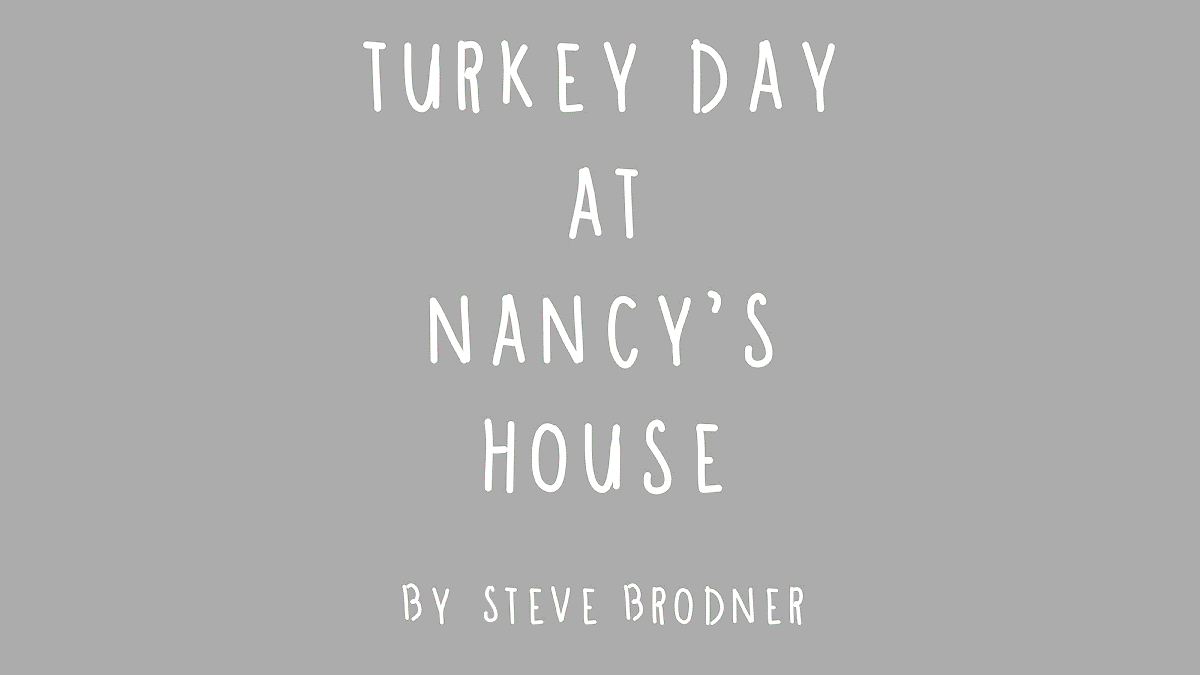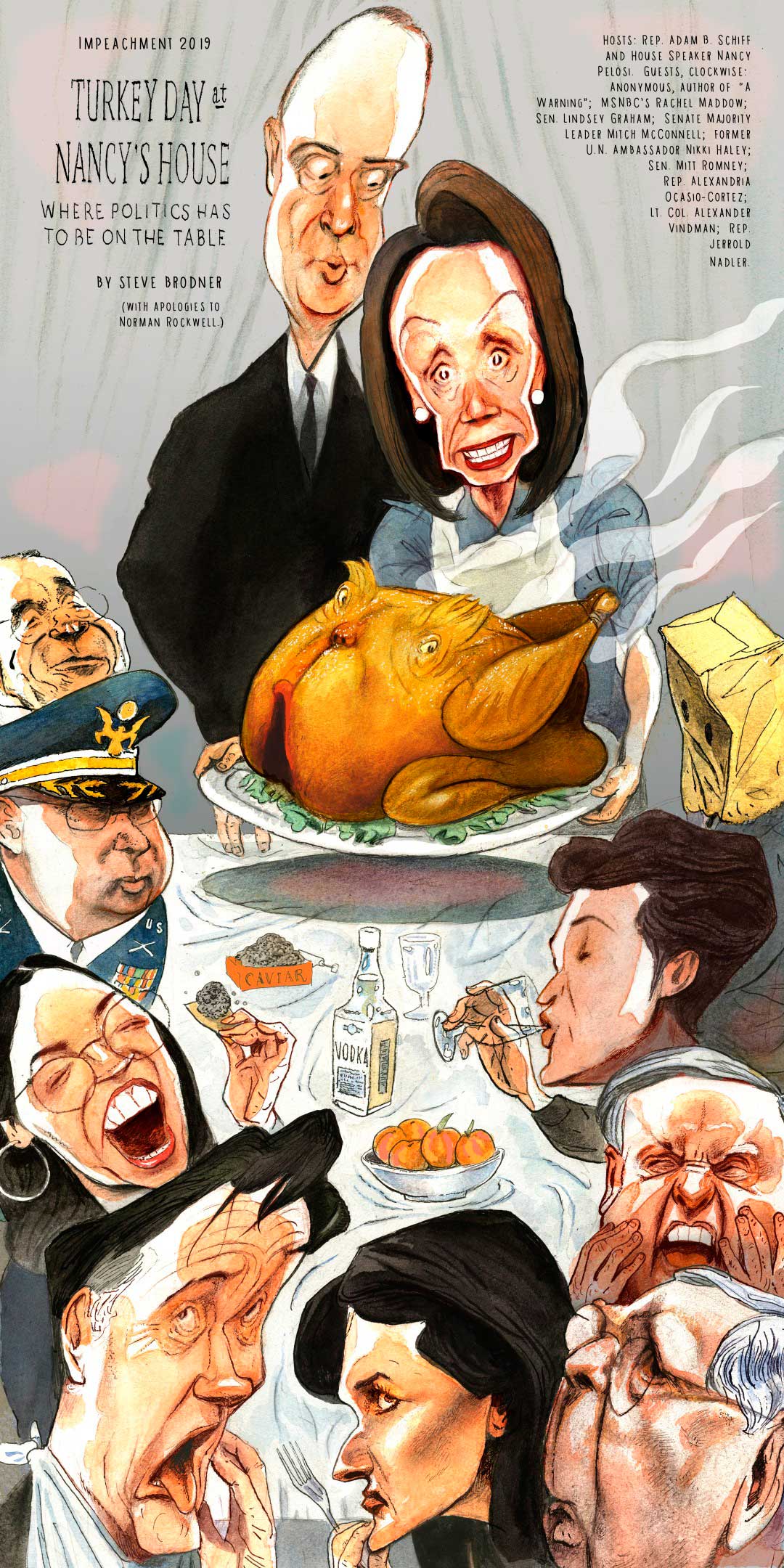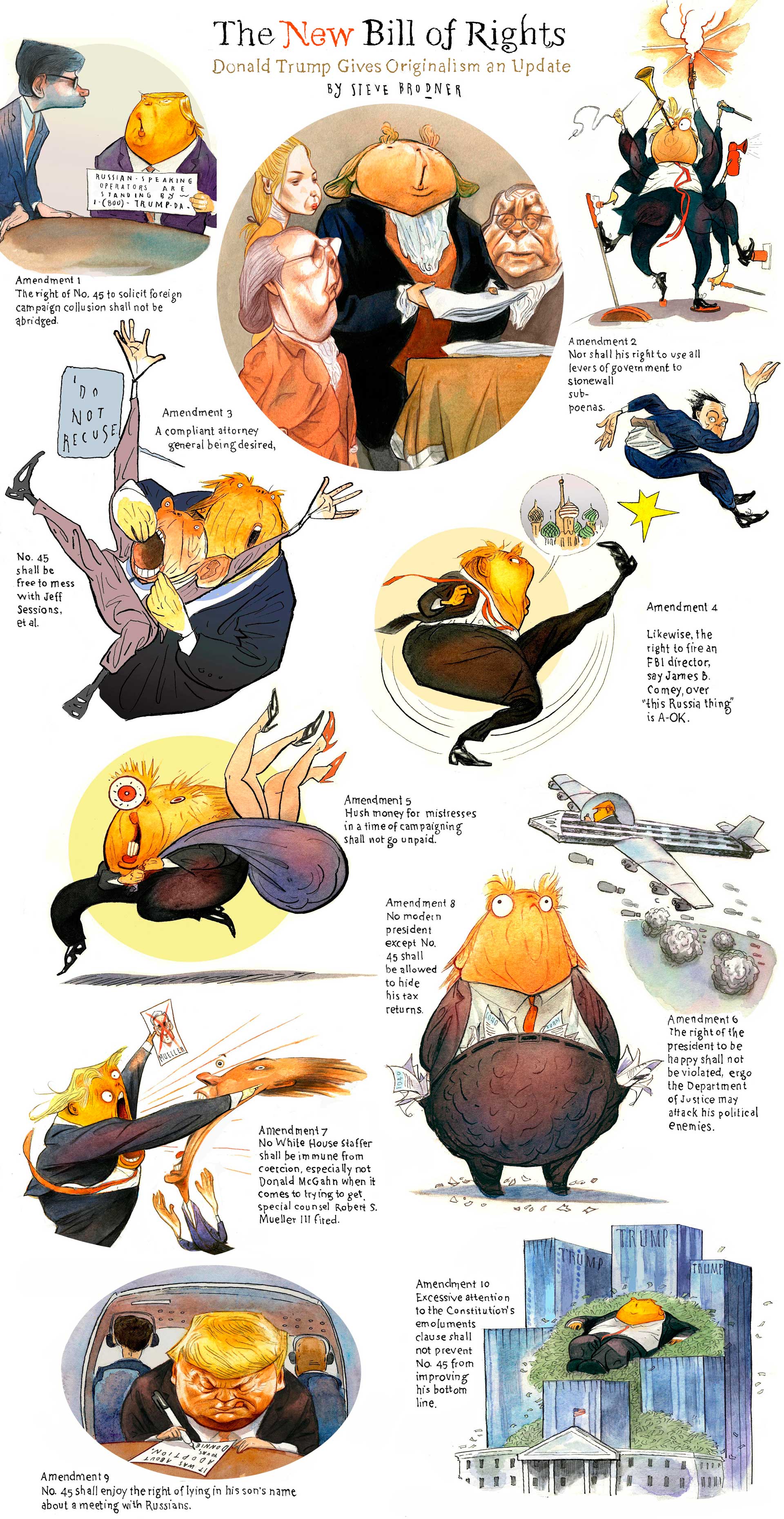Mitch McConnell, GOP “Majority Leader” struck out forcefully against the proposed Financial Reform Bill in the Senate yesterday. Clearly the act will regulate big financial institutions more closely. But McConnell knows that people, though mostly confused about all this, do hate “bailouts”. This was poll-tested by Frank Luntz. There is nothing here about bailouts; if anything it will bring “too big to fail” firms to a humane end. But Luntz rules. If the lie is effective, say it again and again. An old tactic, eh?
A GOP Financial Reform Bellwether
Bit by bit, bipartisan negotiations in the Senate over financial regulatory reform have broken down. Richard Shelby, the ranking Republican on the Banking Committee split with the Democratic Chairman, Chris Dodd in February. Bob Corker filled the gap, stepping in to try to hammer out a compromise on an issue in which both parties see the potential for good policy and good politics. But wary of delays after a bitter health care fight, Democrats voted the bill out of committee in March with no Republican support, and now are looking to open up the legislation to amendments and debate on the Senate floor. As recently as last month, Republican leadership was open to a deal.
In a floor speech this morning, Senate Minority Leader Mitch McConnell threw cold water on the prospects of detente, establishing a hard line of attack against the Dodd bill, and indelibly marking the party line: “We must not pass the financial reform bill that’s about to hit the floor.”
The crux of his criticism is that the bill “institutionalizes… taxpayer-funded bailouts of Wall Street banks.” He knocked the expansion of power at the Fed and Treasury, while sounding the alarm on Wall Street accountability. If the outline of his speech sounds familiar, it’s because it is the exact argument pollster Frank Luntz urged Republicans to make earlier this year in a widely publicized memo. Compare the excerpts below (emphasis mine):
Luntz: “The single best way to kill any legislation is to link it to the Big Bank Bailout.”
McConnell: “We cannot allow endless taxpayer-funded bailouts for big Wall Street banks. And that’s why we must not pass the financial reform bill that’s about to hit the floor.”
Luntz: “Taxpayers should not be held responsible for the failure of big business any longer. If a business is going to fail, not matter how big, let it fail.”
McConnell: “[The Dodd bill] gives the government a new backdoor mechanism for propping up failing or failed institutions…. We won’t solve this problem until the biggest banks are allowed to fail.”
Luntz: “Government policies caused the bubble and its ultimate crash. Fannie Mae, Freddie Mac, the Federal Reserve, and the Community Reinvestment Act all had a role in the catastrophe. The government inflated economic bubbles with easy credit policies.”
McConnell: “It also directs the Fed to oversee 35 to 50 of the biggest firms, replicating on an even larger scale the same distortions that plagued the housing market and helped trigger a massive bubble we’ll be suffering from for years. If you thought Fannie and Freddie were dangerous, how about 35 to 50 of them?”
(See “Top 10 Financial Crisis Buzzwords.”)
Thus begins the wrestling match for the populist mantle, both sides claiming their party as the champion of Main Street. The Democrats’ response to McConnell (policy-wise) will be that the tax for a “bailout fund” is levied on financial institutions that pose a risk to the system, and that such a measure would help refund taxpayers for the original cost of TARP, as well as avoid the need for Americans to foot the bill in the future. Their political response will be basically the same as McConnell’s attack: to paint the opposition as protectors of Wall Street interests and the status quo.
Though McConnell has been masterful at holding his caucus unified against the Democrats’ major legislative agenda items so far, some observers predicted the anti-bank populism easily adopted by the Dems on this issue would make it difficult for the GOP to oppose legislation outright. Not so; the battle over financial regulation has just begun.



